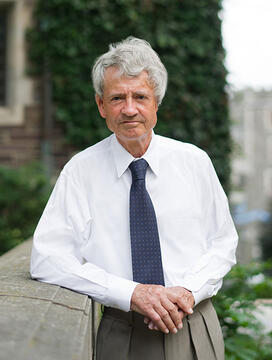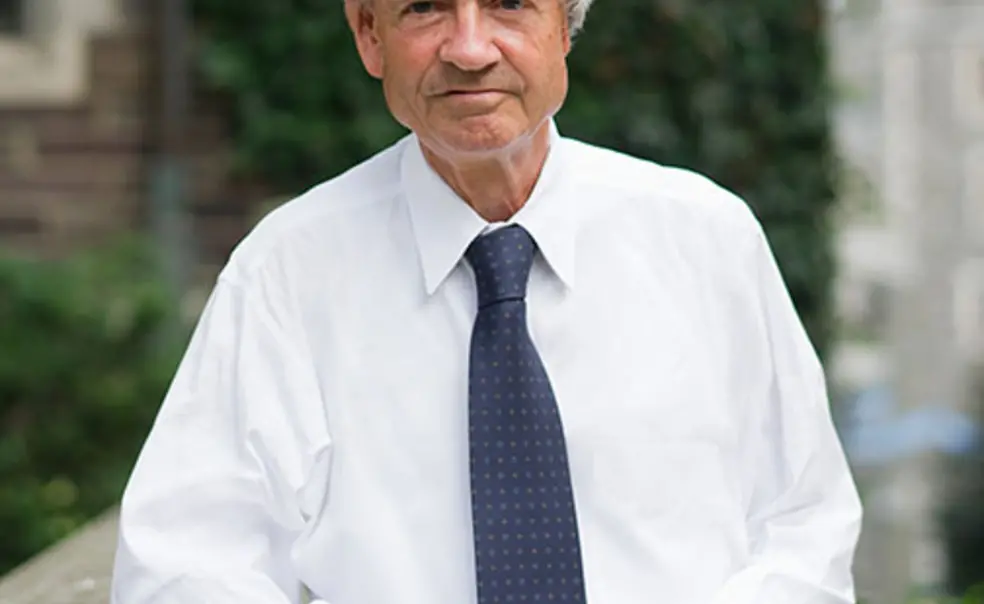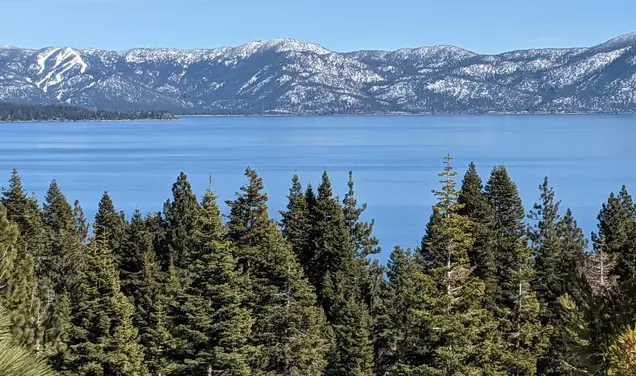Near Eastern Studies: Understanding Islam
Michael Cook examines the political role of the faith founded by Muhammad

Why does Islam seem to play a larger role in contemporary politics than other religions? One reason, according to Near Eastern studies professor Michael Cook, is that its founder, Muhammad, created not just a religion, but a state. “Islam, in its beginnings, is a fusion of religion and politics,” Cook says.
Cook is a leading expert on the history and religious thought of Islam. Last spring he received the $765,000 Holberg Prize, an international academic award, for his work on Islamic history. His most recent book, Ancient Religions, Modern Politics, examines Islam, Christianity, and Hinduism, and how their theology and history determine their roles in modern political life.
Muhammad regularly faced political choices, which are described in the early Muslim accounts of his life. During one military expedition, he debated whether to kill a tribal chief who secretly was working against him. He ultimately decided to let the chief live because “people would say he was killing his own companions,” according to one translation. In modern times, some have invoked the phrase in political situations that carry the risk of alienating fellow Muslims or potential converts, Cook points out. Al-Qaida leader Ayman al-Zawahiri alluded to the saying in a letter to a fellow leader to criticize his overzealous killing of Shiites, according to Cook, and moderate Islamists have invoked it to criticize jihadi violence.
Cook examines why many traditional aspects of Islam — such as the separation of men and women — persist so strongly from pre-modern times. One reason, he says, is the way Islam initially was spread: through conquest. This meant it did not have to adapt so much to more dominant political systems and cultures around it. At its height, the Islamic empire was enormously powerful, stretching from present-day Portugal to Pakistan. “This naturally engenders a tremendous sense of pride in the heritage,” Cook says.
By contrast, Christians spent 300 years as a persecuted minority, and had the Roman Empire to contend with. “Christianity came to terms with the political order of the world in a way that Islam did not need to do,” Cook says.
Muslim identity is so strong that sometimes it trumps national identity. Cook cites a 2005 Pew survey that found that in five out of six mainly Muslim countries, a majority of the citizens identified as Muslims first and as citizens of their country second. In contrast, most European Christians thought of themselves first in terms of their national identify.
Is there also something about Islam that makes it appealing to fundamentalists? Cook says yes. “The Islamic heritage lends itself so easily to fundamentalism that it could almost be said to invite it,” he writes. The reasons include some surprising factors, such as the style of jihad used during the early days of Islam — much of the fighting was carried out by nonprofessionals operating in small groups, similar to present-day jihadis in tribal societies like Afghanistan.
Some religions shift their emphasis, Cook points out, as people reinterpret or ignore certain elements. While he thinks the chances are low that Islam will change in a way that diminishes its political profile any time soon, he does believe it’s possible, he says: “Over time, people tend to tire of the politicization of religion.”












No responses yet